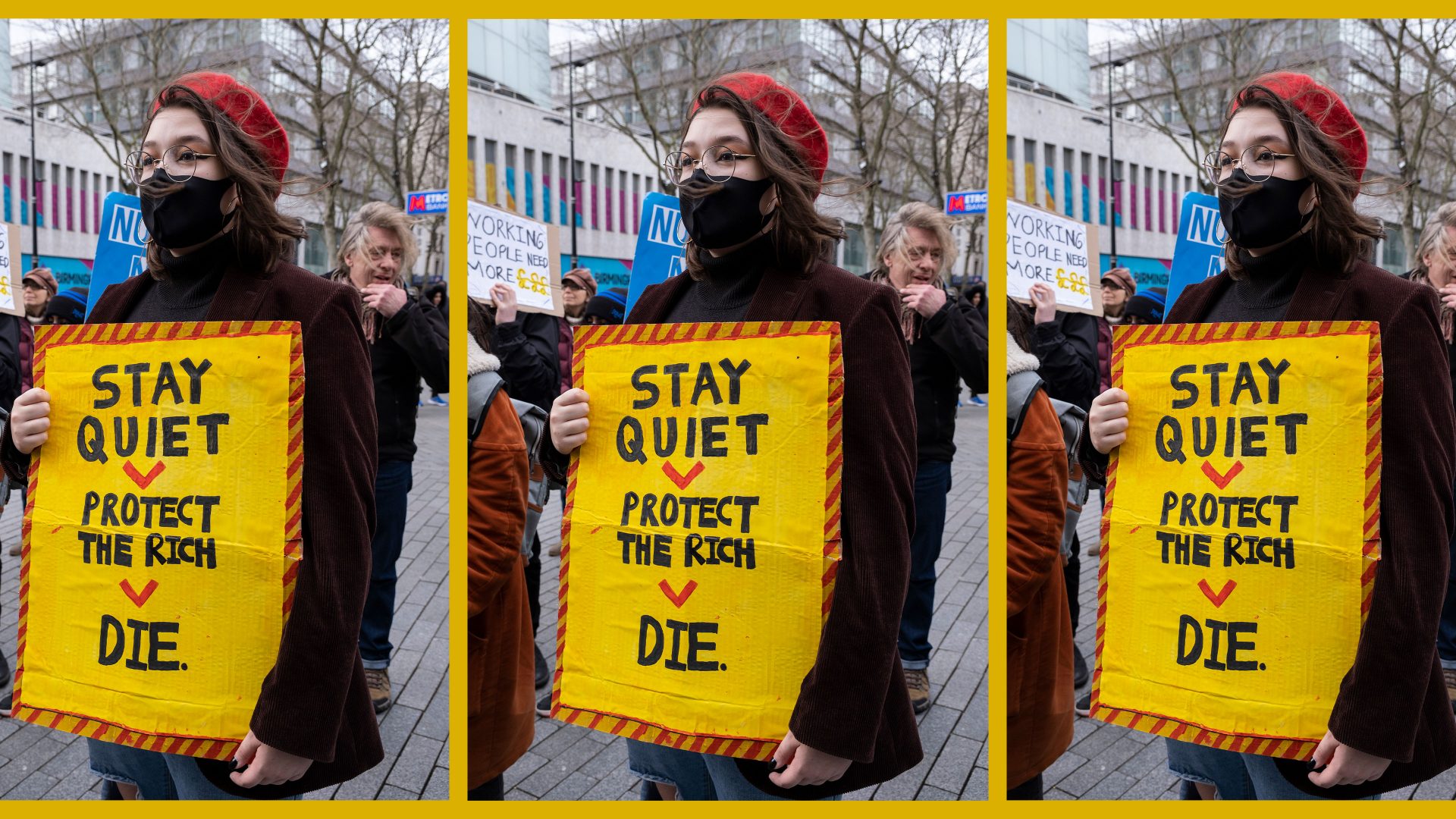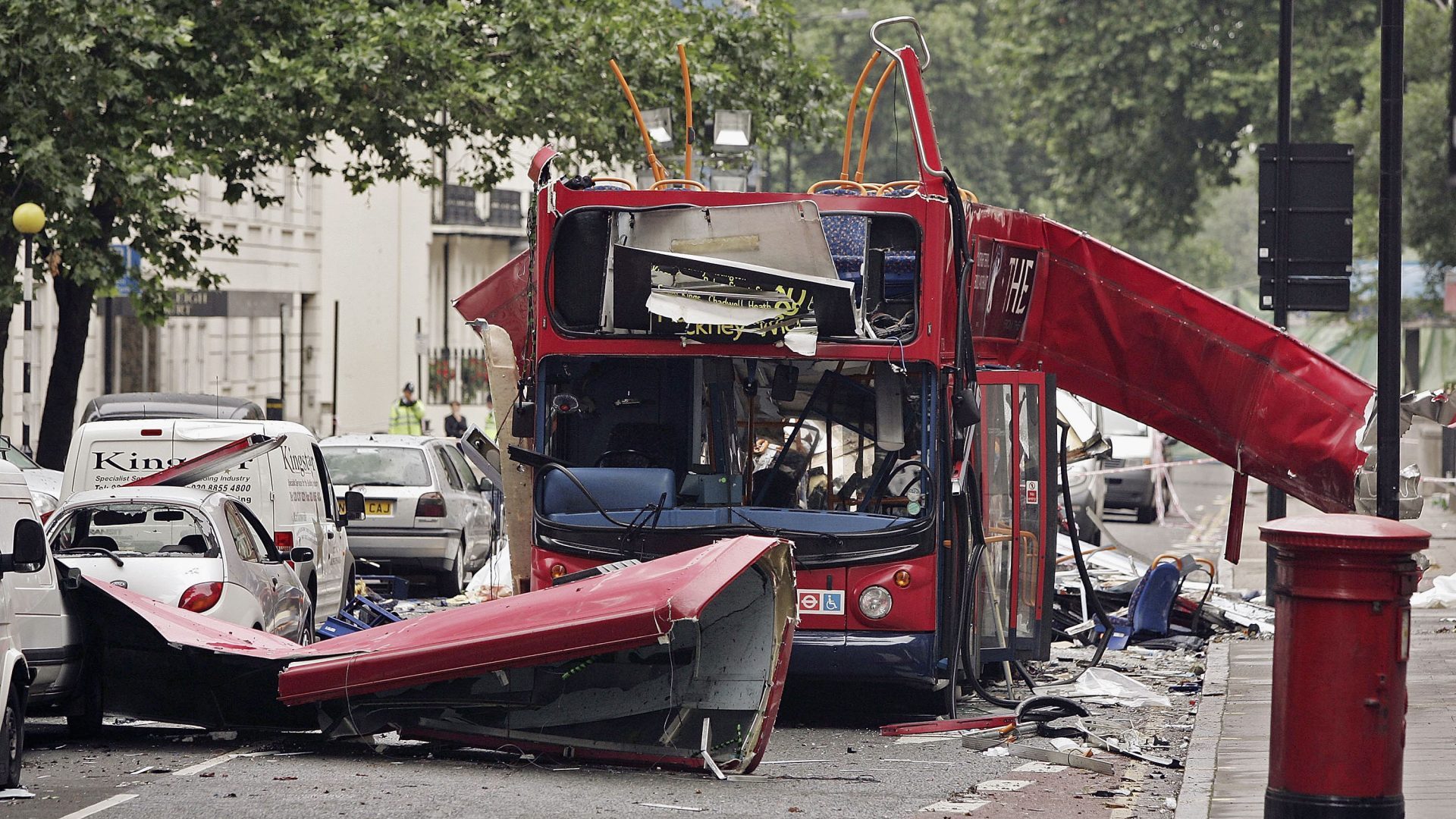As we slide towards a winter of recession, inflation and mass energy poverty, the political world has become a deadzone. Nobody has answers. Not Liz Truss, with her tax cuts. Not Rishi Sunak with his boasts of fiscal responsibility and free money for the people of Tunbridge Wells. And not, so far, the Labour party.
The reason is that the economic model they are all trying to work with is broken. The model says double-digit inflation simultaneous with a year-long recession should be impossible. The tax cuts and higher public spending needed to stop the economy hitting the buffers will either raise inflation or trigger further interest rate rises by the Bank of England to stop that happening.
Because much of the inflation is externally generated – by the Ukraine conflict, the deglobalisation of supply chains and the absence of foreign workers due to Brexit – the normal levers of fiscal and monetary policy don’t work. All you can do is impose real pay cuts on the workforce, deepening the recession and heightening discontent.
This, then, is a structural crisis of British capitalism: all the policy choices made over the past 30 years left politicians and central bankers driving a vehicle where neither the brakes nor the accelerator work.
The Tory leadership contenders are right to say that more investment is the answer. Keir Starmer is right to focus on green growth, better-paid jobs, on levelling up the left-behind towns of England. But, even if you can find the capital, summon the willpower and expertise to execute them, these are at best medium-term solutions.
It takes five years to turn an 18-year-old into an engineer, or a GP. It will take (on current schedule) 15 years for the Hinkley Point C nuclear power plant to go from planning to power generation. Yet the Tory elite is so deeply relaxed about our predicament that, when the Bank of England made its stunning prediction of a five-quarter recession and 13% inflation last week, the PM and the chancellor were on holiday. What’s needed are urgent and radical measures.
First, the Bank of England’s remit has to be changed overnight. It is hiking interest rates pointlessly, potentially deepening the coming recession, because it has only one target and only two tools – rates and quantitative easing. Since the 2% target is unachievable for the foreseeable future, doubling it to 4% – and widening the bands around it – could remove political pressure on the Bank to go on raising rates.
Second, we need emergency price controls. The Ofgem energy cap is a form of price control designed to guarantee profits to the power generators and the energy retailers. The government should, instead, freeze the average household energy bill where it is at present, covering the difference between wholesale and frozen retail price with a mixture of borrowing plus a windfall tax on all major corporate profits.
Third, take temporary state control and ownership of the whole energy system and run it at cost. In an energy emergency that’s about to become a social emergency, negotiating with a layer cake of private interests to maintain energy security and achieve decarbonisation is a fool’s errand.
Fourth, raise emergency taxes on big tech corporations calculated by turnover. These free-riding global firms, booking their profits in offshore bank accounts while avoiding their social responsibilities here, have had long enough to play the game.
Fifth, raise universal credit and negotiate a double-digit long-term pay settlement with unions across the entire public sector. If you don’t want that settlement to match inflation, you have to give other concessions which the unions would be only too happy to talk about – like permanent recognition agreements, partnership deals, shorter working time, greater job security.
Finally, begin the rapid rollout of universal basic services: cap all local bus fares at £2 a day; give everyone a flat-rate rail ticket, as the German government has done; or provide free school meals to all children – as the Welsh government has done. The purpose of universal basic services is to reduce the living costs of every family: it attacks the cost-of-living crisis from the opposite end to that of a wage claim – and can be financed by closing the tax loopholes that allow companies and the rich to avoid £174bn of taxes, according to Labour’s Rachel Reeves.
These six measures alone would solve nothing in the long term without an overt change in political intent. I want to hear politicians state, without weasel words, that they will solve the cost-of-living crisis by any means necessary in the short term. But in the long term, we are going to need a new economic model where, to put it really simply, workers get more and shareholders get less.
We need these radical measures not just because they are the humane thing to do, but because our society is so fractured that it stands wide open to the kind of propaganda and manipulation Vladimir Putin specialises in. If Boris Johnson can be brought down by lying about his knowledge of an alleged sex pest, think what can happen to a prime minister who presides over a collapsing NHS this winter, or the mass starvation of working-class children while elderly people freeze in unheated homes.
Every politician is told by the focus groupies that voters won’t listen to radical measures: only things that sound small and sensible go down well on the doorstep. That may be true in normal times: but double-digit inflation, pushed by energy and food inflation not militant wage demands, is an entirely new phenomenon.
CPI inflation of 13% will wipe out savings, degrade the occupational pensions of the middle class and starve the poorest. It will be a political event, not an economic episode. It needs radical political answers, not the discredited textbooks of the past 30 years.




